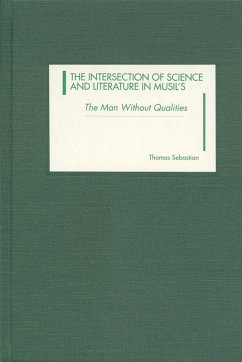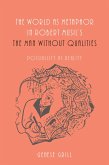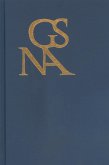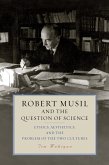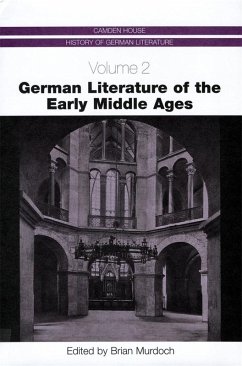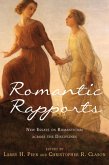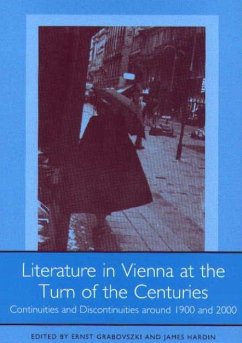A fresh view of the interplay of science and literature affecting Musil's great novel.
As the utopian projection of a world in which the conditional mood is preferred to the indicative, Robert Musil's ambitious novel The Man Without Qualities is widely recognized as a great example of aesthetic modernism anda profound reflection on the "postmodern condition." Based on the new and more inclusive English translation by Sophie Wilkins and Burton Pike, this study provides the English-speaking reader with a well-researched commentary thatsituates Musil's novel in the cultural, literary, and scientific context of the early 20th century. Revealing the novel's many philosophical underpinnings, the study analyzes the intersection of theoretical reflection and aesthetic imagination essential to Musil's programmatic move beyond realism. Thomas Sebastian explores Musil's background in experimental psychology, which he studied under the pioneering psychologist Carl Stumpf, and how it and other strains of scientific thought, including that of Ernst Mach, on whose philosophical ideas Musil wrote his doctoral thesis, are reflected in his great novel.
Thomas Sebastian is Associate Professor of German at Trinity University in San Antonio, Texas.
As the utopian projection of a world in which the conditional mood is preferred to the indicative, Robert Musil's ambitious novel The Man Without Qualities is widely recognized as a great example of aesthetic modernism anda profound reflection on the "postmodern condition." Based on the new and more inclusive English translation by Sophie Wilkins and Burton Pike, this study provides the English-speaking reader with a well-researched commentary thatsituates Musil's novel in the cultural, literary, and scientific context of the early 20th century. Revealing the novel's many philosophical underpinnings, the study analyzes the intersection of theoretical reflection and aesthetic imagination essential to Musil's programmatic move beyond realism. Thomas Sebastian explores Musil's background in experimental psychology, which he studied under the pioneering psychologist Carl Stumpf, and how it and other strains of scientific thought, including that of Ernst Mach, on whose philosophical ideas Musil wrote his doctoral thesis, are reflected in his great novel.
Thomas Sebastian is Associate Professor of German at Trinity University in San Antonio, Texas.
Dieser Download kann aus rechtlichen Gründen nur mit Rechnungsadresse in A, D ausgeliefert werden.

